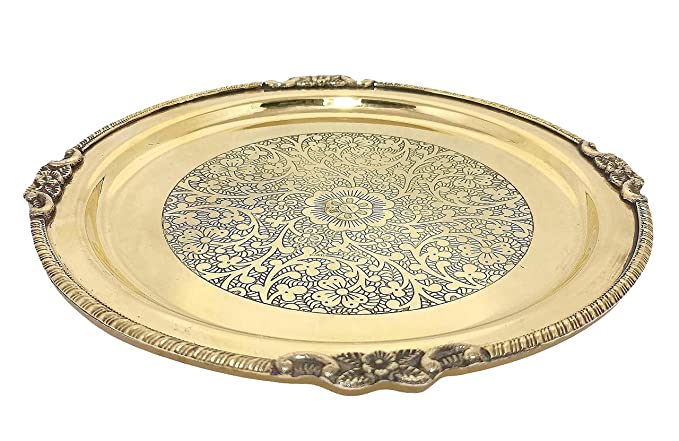
Brass plates are essential to industrial equipment, machines, and tools. They are used for various purposes, such as electrical conductivity, heat transfer, and corrosion resistance. Brass plates are popular in Minneapolis due to their durability, corrosion resistance, and attractive appearance, making them suitable for various applications in both indoor and outdoor settings. This article will discuss choosing the proper brass plates for your industrial needs. You can find high-quality brass plates at various suppliers for industrial equipment, including those specializing in brass in minneapolis, mn.
Here are the top things you should know about:
Consider the Type of Brass Plate
When determining the size and thickness of the brass plate, it’s essential to consider the load-bearing capacity and stress levels involved in your industrial application. Choosing a plate that can withstand these factors will ensure optimal performance and longevity. In addition to considering the level of corrosion resistance, it’s also essential to consider the potential for galvanic corrosion when selecting a brass plate. Galvanic corrosion occurs when two different metals come into contact and can cause accelerated corrosion of one of the metals.
Determine the Size and Thickness
To ensure you get the right size and thickness of brass plate for your needs, working with a reputable supplier specializing in brass in minneapolis, mn, is essential. These suppliers can help you determine the optimal size and thickness based on your industrial application and requirements. They can also guide load-bearing capacity and stress levels to ensure that the brass plate you choose will perform well under your application’s demands.
Check the Corrosion Resistance
Corrosion resistance is another essential factor when selecting the right brass plate. These plates are commonly used in applications that involve exposure to moisture and chemicals, which can cause corrosion. The level of corrosion resistance of a brass plate depends on the type of alloy used to make it. Some brass plates, such as C360, offer excellent corrosion resistance, making them suitable for harsh environments. It’s also essential to think about the potential for galvanic corrosion when selecting a brass plate. Galvanic corrosion occurs when two different metals come into contact and can cause accelerated corrosion of one of the metals.
Look for Heat Resistance
Heat resistance is a crucial factor to consider when selecting the right brass plate. Some brass plates, such as C260, offer good heat resistance and are suitable for high-temperature applications. When choosing a brass plate for high-temperature applications, it’s essential to consider factors such as the melting point of the brass alloy, thermal conductivity, and any potential for oxidation or other forms of degradation at high temperatures. These factors can help ensure optimal performance in demanding industrial settings.
Consider the Cost
The cost is another crucial factor when selecting the right plate for your industrial needs. The price of brass plates varies depending on the type of alloy used to make them, the size, and the thickness. It is essential to balance the cost with the specific requirements of your industrial application. When considering the cost, it’s essential to consider the potential long-term benefits of investing in a higher quality or more specialized plate. A lower initial cost may result in higher maintenance or replacement costs.
Conclusion
Choosing the right brass plate for your industrial needs is crucial for the efficiency of your processes. When selecting the right one, consider the type, size, thickness, corrosion resistance, heat resistance, and cost. By considering these factors, you can ensure that you choose the best brass plate for your specific application.
